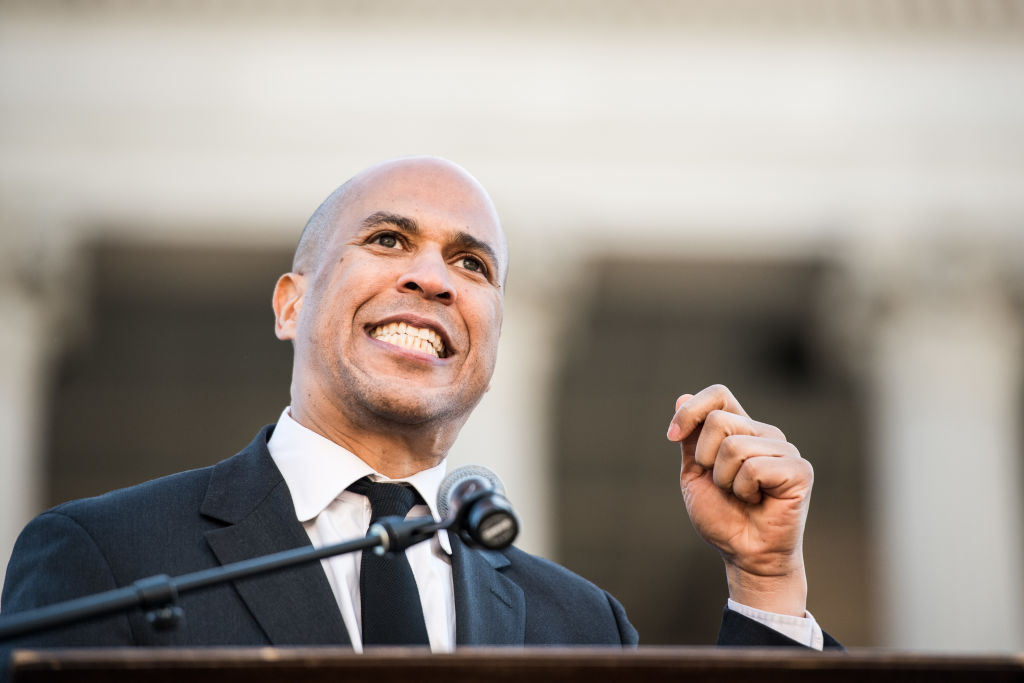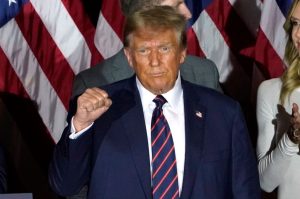It is the other litmus test for Democratic candidates for president. As well as embracing Medicare for All, we know by now that the progressive 2020 runner must also oppose corporate political action committee (PAC) donations. What better way to show disdain for Wall Street and the big donors?
Cory Booker didn’t need to make his pledge when he tweeted his hat into the ring this morning. He took the vow last year. So too Kirsten Gillibrand, Elizabeth Warren, Kamala Harris, Julian Castro and the rest.
Some in that list don’t need to burnish their Leftist bona fides. But Booker, like Gillibrand, has centrist credentials (the horror!) and is frequently accused of being a Wall Street lackey. At one time he received more cash from financial institutions than any other senator.
That may be the legacy of actually having run something – in his case the city of Newark – but that’s no good in the current Wall Street-bashing climate, hence the corporate PAC virtue signaling.
Which is what it is. Dive into the numbers and corporate PAC donations often make up a tiny percentage of a candidate’s actual war chest. In the 2016 race, Marco Rubio collected just two percent of his contributions PACs – not just corporate PACs – and that was the highest in the field.
Candidates are hardly donning a hair shirt by refusing corporate PACs. These days it is the small donations from the grass roots that provide the life blood of campaigns on Left and Right.
Nor does it even suggest much of a rejection of big business. Corporate PACs are just one way corporations can channel cash to a candidate. There’s nothing to stop Booker et al taking direct donations from business executives.
And in fact corporate PAC donations are not necessarily the play thing of the titans of Wall Street. They are meant as vehicles to pool cash from employees – not corporate bank accounts – and are limited to a heady $5,000 per candidate per election. That won’t buy you many votes.
If Wall Street wants to get things done, it knows how to do it. The real money and the real power remains with the Super PACs, the organizations that can’t donate directly to a candidate but can pour unlimited dollars into issues and adverts.
Big money remains a big force in American politics, whatever our virtue signaling friends might try to say.


















